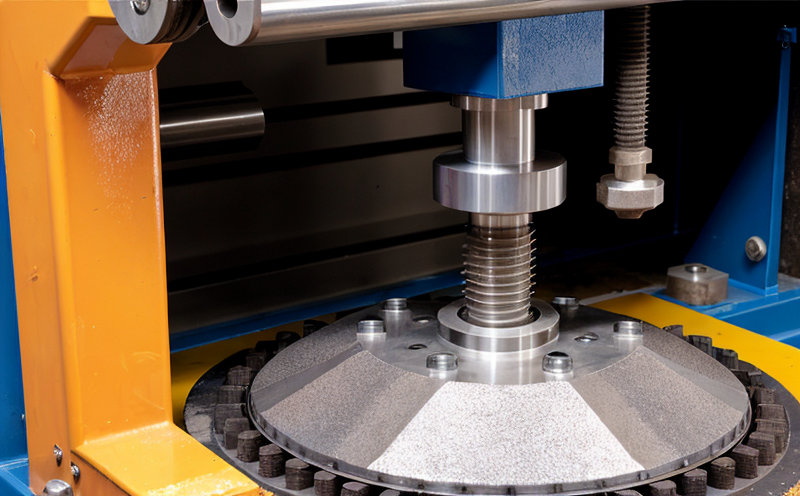ASTM D7752 Mechanical Shock and Vibration Testing
The ASTM D7752 standard is widely recognized as a critical tool in ensuring the durability, reliability, and performance of HVAC equipment under dynamic environmental conditions. This testing procedure assesses how mechanical shocks and vibrations affect various components within HVAC systems, helping to identify potential weaknesses that could lead to premature failure or operational inefficiency.
Understanding the importance of this test is essential for quality managers, compliance officers, R&D engineers, and procurement teams involved in the design and production phases of HVAC equipment. By subjecting samples to controlled mechanical shocks and vibrations according to ASTM D7752, manufacturers can ensure that their products meet stringent quality standards set by industry regulations.
The testing process involves simulating real-world conditions where mechanical stresses may occur during installation or operation. This includes situations like transportation via truck or ship, handling by cranes, and normal usage within buildings. The goal is to evaluate the equipment's ability to withstand such stress without compromising its integrity or functionality.
For HVAC manufacturers, this service offers several benefits:
- Enhanced product quality through rigorous testing
- Improved customer satisfaction by reducing warranty claims and returns
- Achieving compliance with international standards like ISO 12219 or EN 60068-2
The ASTM D7752 test can be particularly useful for companies focused on innovation in HVAC technology, especially those developing new products that must operate reliably under challenging environmental conditions. It also plays a crucial role in ensuring safety and performance across various applications, from commercial buildings to industrial settings.
Scope and Methodology
| Test Parameters | Description |
|---|---|
| Shock Testing | This involves applying a sudden force to the specimen, simulating impacts during transportation and handling. The test measures the equipment's response under specified shock levels. |
| Vibration Testing | The equipment is subjected to controlled vibrational forces that mimic operational conditions in various environments. This helps determine how well the unit can maintain its performance standards during prolonged exposure to vibration. |
Competitive Advantage and Market Impact
- By demonstrating compliance with ASTM D7752, manufacturers can differentiate their products in competitive markets.
- This service enhances brand reputation by showcasing a commitment to quality and reliability.
- Achieving positive results from this test increases customer trust and loyalty.
Use Cases and Application Examples
- Innovative HVAC manufacturers looking to enhance product durability for demanding applications.
- Companies seeking to ensure their equipment meets stringent international standards like ISO 12219 or EN 60068-2.
- Organizations aiming to minimize warranty costs and improve overall customer satisfaction.





